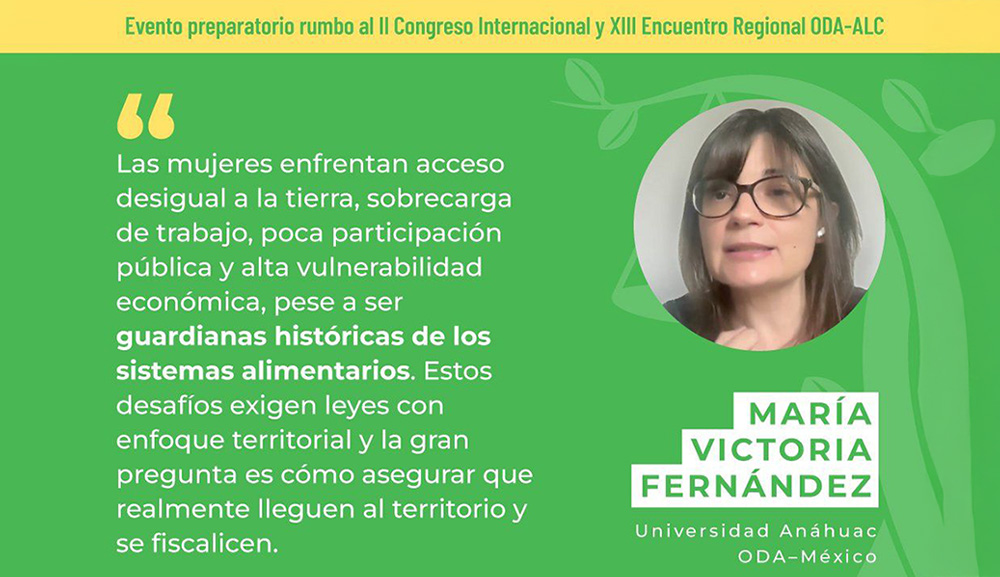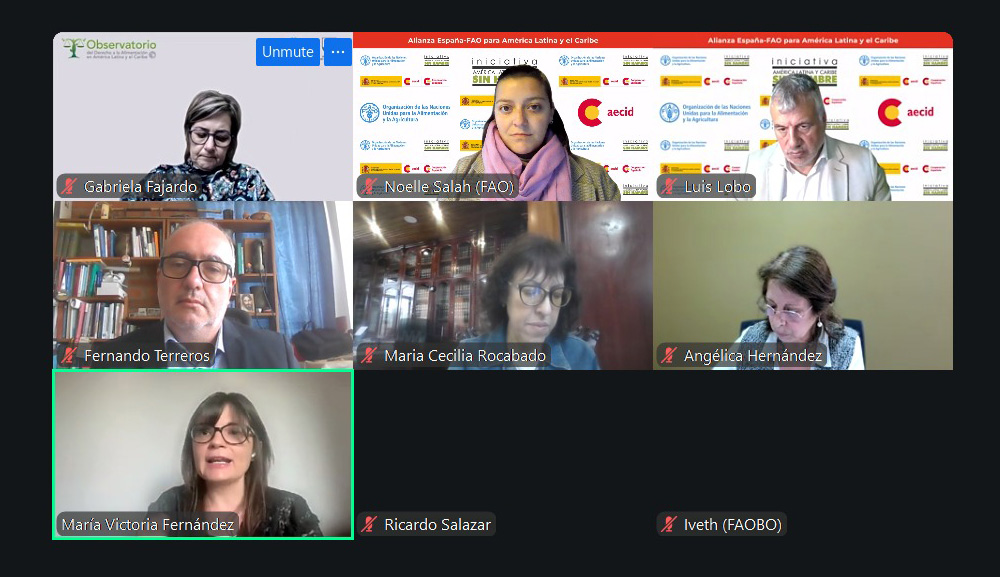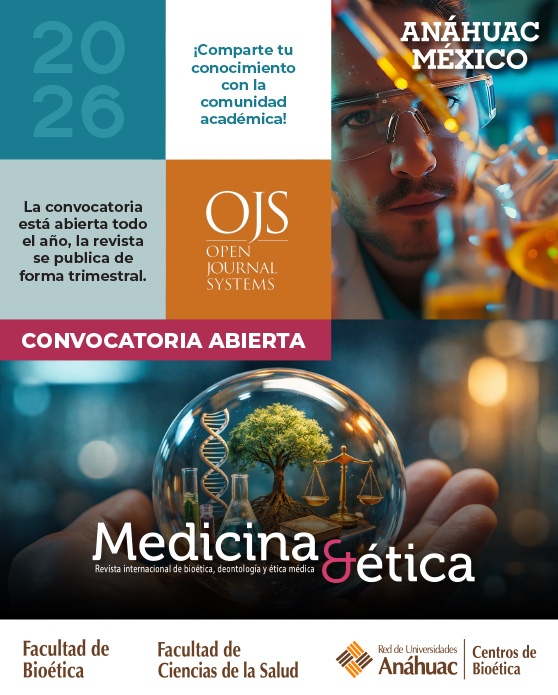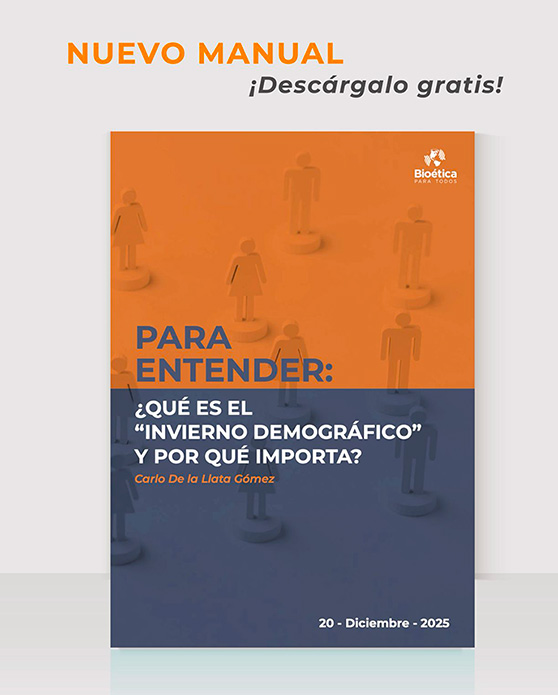
During the Regional Webinar “Women and Food Security”, she emphasized the fundamental role of women in agri-food systems and the urgency of guaranteeing their autonomy, participation and access to rights in order to move towards fairer and more sustainable policies.
On November 21, 2025, Dr. María Victoria Fernández Molina, collaborator of the Anáhuac Center for Strategic Development in Bioethics (CADEBI), participated as a speaker in the Regional Webinar “Women and Food Security,” organized by the Observatory of the Right to Food for Latin America and the Caribbean (ODA-ALC), with the support of FAO and the Parliamentary Fronts Against Hunger. The meeting, as part of the preparations for the II International Congress and XIII Regional Meeting of ODA-ALC, brought together representatives from academia, international organizations, legislative advisors, and parliamentary leaders from various countries, with the aim of strengthening technical and political dialogue around the role of women in transforming the region’s agrifood systems.
Dr. Fernández Molina’s participation focused on a broad reflection on the situation of women in rural and farming communities in Mexico, based on the development of technical inputs for legislative initiatives on family farming in Oaxaca and Chiapas. In her presentation, she emphasized that, despite the essential role they play in food production, the preservation of traditional knowledge, the care and management of their lands, and the sustaining of community networks, rural women continue to face structural inequalities that limit their autonomy, participation, and full exercise of their rights.
She highlighted that these inequalities are not only reflected in access to resources such as land or credit, but also in the persistent overload of domestic and care work, the difficulty of joining decision-making spaces, and the increasing loss of knowledge that has historically enabled the preservation of agricultural biodiversity and territorial resilience. She also stressed the urgency of including women displaced by hunger, violence, or conflict, as they are often excluded from agricultural programs despite their experience and knowledge.
In her conclusions, Dr. Fernández Molina emphasized that rural women silently sustain a significant part of the agricultural, ecological, and community life of the continent, and that advancing toward fairer, more inclusive, and more sustainable food systems requires placing their voices, needs, and rights at the center of public policies. She insisted that guaranteeing their autonomy and strengthening their capacities is not only a demand for social justice, but also an essential condition to ensure the sustainability and resilience of agrifood systems in the face of contemporary challenges faced by the countries of Latin America and the Caribbean.

More information:
Centro Anáhuac de Desarrollo Estratégico en Bioética (CADEBI)
Dr. Alejandro Sánchez Guerrero
alejandro.sanchezg@anahuac.mx






